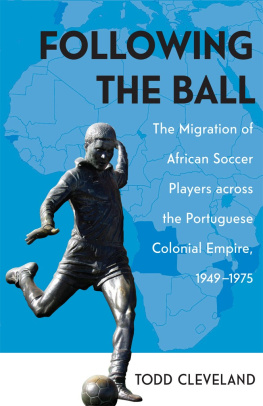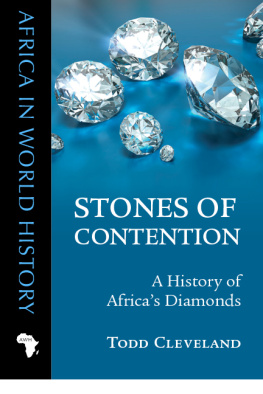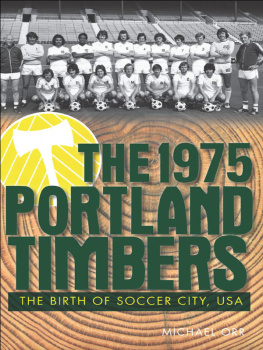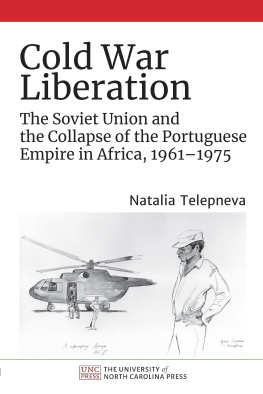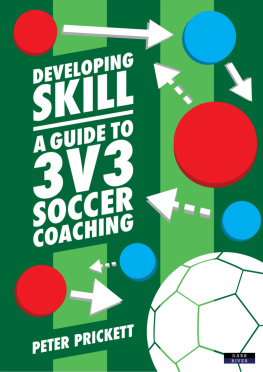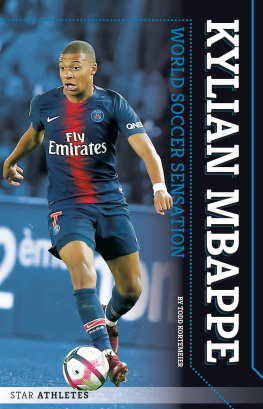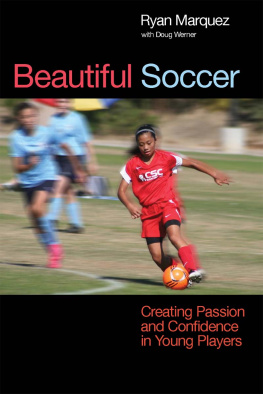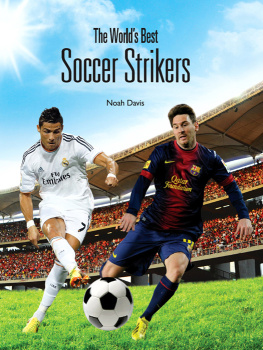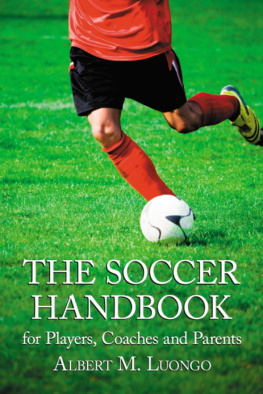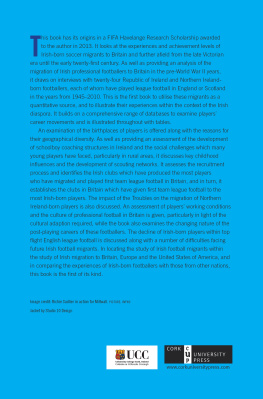Ohio University Research in International Studies
This series of publications on Africa, Latin America, Southeast Asia, and Global and Comparative Studies is designed to present significant research, translation, and opinion to area specialists and to a wide community of persons interested in world affairs. The series is distributed worldwide. For more information, consult the Ohio University Press website, ohioswallow.com.
Books in the Ohio University Research in International Studies series are published by Ohio University Press in association with the Center for International Studies. The views expressed in individual volumes are those of the authors and should not be considered to represent the policies or beliefs of the Center for International Studies, Ohio University Press, or Ohio University.
Executive Editor: Gillian Berchowitz
Ohio University Press, Athens, Ohio 45701
ohioswallow.com
2017 by Ohio University Press
All rights reserved
To obtain permission to quote, reprint, or otherwise reproduce or distribute material from Ohio University Press publications, please contact our rights and permissions department at (740) 593-1154 or (740) 593-4536 (fax).
Printed in the United States of America The books in the Ohio University Research in International Studies Series are printed on acid-free paper

27 26 25 24 23 22 21 20 19 18 17 5 4 3 2 1
Hardcover ISBN 978-0-89680-313-8
Paperback ISBN 978-0-89680-314-5
Electronic ISBN 978-0-89680-499-9
Library of Congress Cataloging-in-Publication Data is available
Acknowledgments
The process of researching and writing this book was extremely enjoyable, at times exciting, and, most importantly, it generated opportunities to interact with athletes, scholars, and others from across the globe. The research commenced in Portugal, and the first stops were, as is often the case, the Biblioteca Nacional and the Torre do Tombo. Staff at both repositories were, as always, professional and helpful. I also conducted research, for the first time, at Portugals Ministrio da Educao, where the staff were both patient and supportive, as were staff members at the Biblioteca Municipal de Coimbra. While I was based in Portugal, Adriano Cardoso and Luis Fazendeiro proved to be excellent research assistants, and even better travel companions, as we engaged in the process of tracking down, contacting, and journeyingvia rental car, ferry, train, taxi, bus, metro, and, of course, on footto interview former players and coaches throughout Portugal. My great friend Jorge Varanda participated in this manner as well, and in so many other ways. At various times during my series of research trips to Portugal, Nina Tiesler and Cludia Castelo provided key insights into various aspects of this history and were otherwise generous with their time and levels of assistance. I was also fortunate to have met Nuno Domingos and Rahul Kumar. Experts in Portuguese footballpast and presentthey patiently assisted as I slowly grasped the major developments and contours of this fascinating history and provided the type of support that would have suggested we had been lifelong friends. Even as this project concludes, I look forward to ongoing interactions with Nuno and Rahul.
As the research transitioned to Africa, Gil Filipe and Hlio Mangue played roles similar to those of Adriano and Luis in Portugal; I am grateful to have worked with both of them. In Maputo, Moira Forjaz introduced me to Paola Rollettaauthor of Finta fintawhose knowledge of Mozambican football far outpaces mine, but who demonstrated the same type of patience and assistance that Nuno and Rahul had back in Portugal. While in Mozambique, Dave Morton made a series of key introductions and greatly enhanced the time I spent there, while also making ongoing contributions to the project.
Others provided support away from my fieldwork sites, including Tom Paradise, who generated the two maps that appear in the book; and Marlino Mubai, who transcribed most of the interviewsa demanding endeavor, as anyone who has engaged in this undertaking knows well. Davi Rufino also transcribed some of the testimony, and Szymon Ligas offered research support at the onset of this project.
Funding for the project was primarily provided by different entities at Augustana College and, in particular, by a series of grants awarded by the Freistat Center. The Center for Lusophone Research (CLR) / Council of American Overseas Research Centers (CAORC) also provided funding at a crucial stage of the research process, as did the University of Arkansas as I was completing the manuscript.
Gill Berchowitz at Ohio University Press deserves special mention for the central role she played in bringing this book to publication. She believed in the project from the moment she perused a draft book proposal I had crafted that was undeniably short on refinement, even if it was, it seems, long on potential. Next, the anonymous readers of the manuscript identified important issues that, without their close readings, would most likely remain unrectified. And, as always, the staff at Ohio University Press were wonderful, helping me through the various production tasks and politely declining to comment even as I repeatedly fumbled many of them.
As I mentioned in the opening passage of this section, the project has unexpectedly taken me to a variety of places, generating innumerable introductions to individuals from across the globe, many of whom have made key contributions to this text. Often, this crucial input came in the form of comments offered at academic conferences. In the United States, soccer is still not a popularor, in some cases, even a viabletopic of study. And African soccer even less so. But beyond our borders, there is a vibrant community of scholars, from across the disciplines, engaged in remarkably insightful and useful research related to the sport. Via this project, Ive been fortunate to have met many members of this ever-expanding group. Their contributions may ultimately be individually immeasurable, but, collectively, their feedback and suggestions have undoubtedly greatly enhanced the book.
I am also extremely grateful to my informants, who took the time to sit down with me and discuss at length their experiences. Their testimony breathes life into the narrative, and their generosity and candidness form the backbone of this book. Sadly, at least three of the former players I interviewed have since passed away. I will be eternally grateful that they spent some of the precious time that remained to sit patiently with me and recount aspects of their lives that often took them far afield from the stadiums, fans, and sporting limelight.
Finally, I am grateful for the unwavering support that my family has provided throughout this process. When I began this project, our oldest son, Lucas, was only two years old; and his younger brother, Byers, was still two years away from joining us. Between then and now, they have grown into wonderful children as well as enthusiastic soccer players and fans. Throughout the summer of 2016, we faithfully gathered around the television in our apartment in Lisbon to tune in to each of Portugals Euro 2016 matches. An uninspiring start to the tournament did nothing to suggest that wed all be screaming with joyalong with the rest of the countrywhen Eders shot eluded Hugo Lloris in the 109th minute of the championship game, and then again when the final whistle blew. In this manner, and in myriad other ways, soccer has deepened our familial unity and commitment to one another. As always, my wonderful wife, Julianna, is at the center of the family, relentlessly propelling it forward each day, even as her three boys constantly generate impediments to this advance. If my name on the cover of the book is equivalent to a striker enjoying all the glory immediately after scoring a goal, it was Julianna who delivered the probing pass that unlocked the defense and facilitated a simple tap into the back of the net. Quietly content, following the goal she unassumingly returns to her position on the pitch, waiting for the celebration to conclude and for play to resume; she deserves all the credit, but seeks none of it.


